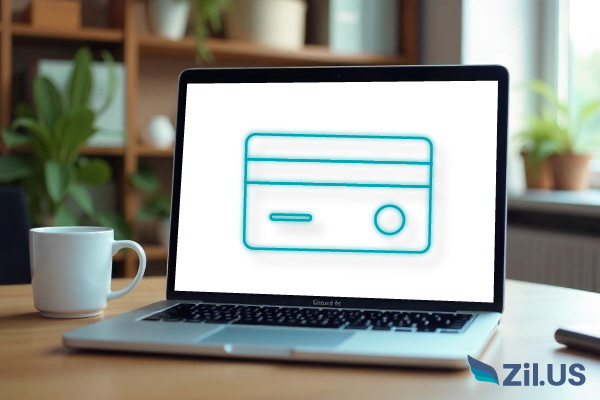Knowing the fees and charges involved is essential when selecting a savings account in Singapore, particularly one with a high interest rate. Even though banks advertise alluring interest rates, unstated expenses can still reduce your profits.
Discover these substantial fees and expenses you must consider when choosing the best interest savings account in the city-state, allowing you to optimise your earnings without falling into financial fee traps.
9 Fees to Watch Out for When Opening a Savings Account
1. Monthly Account Fees
Some banks impose a monthly account maintenance fee, particularly if you fail to meet specific criteria, such as maintaining a minimum balance. For example:
- Minimum balance requirements: Many savings accounts require a minimum monthly average balance, often between S$1,000 and S$3,000. Failing to meet this can incur fees ranging from S$2 to S$10 monthly.
- Waiver conditions: Some accounts waive these fees for students, retirees, or first-time account holders.
Tip: Maintain at least the minimum balance required in your account.
2. Fall-Below Fees
You may face fall-below fees if your account balance drops below the minimum required. These charges are typically:
- Amount: S$2 to S$5 monthly.
- Commonly affected accounts: High-interest savings accounts often enforce stricter fall-below rules to maintain their competitive rates.
Tip: Always review the account terms to ensure you can consistently meet the balance requirements.
3. Transaction Fees
Many local savings accounts sometimes charge for certain types of transactions:
- Excess withdrawals: Accounts with a withdrawal limit may charge fees for exceeding the allowed number of monthly free transactions.
- Over-the-counter transactions: Using branch services for deposits, withdrawals, or account updates might cost S$2 to S$5 per transaction.
- GIRO or standing instruction setup: Some banks charge a one-time fee for setting up automatic payments, ranging from S$1 to S$5.
Tip: Many banks offer no transaction fees when you stick with using their bank-issued ATM slots for transactions.
4. Early Account Closure Fees
Banks charge a fee if you close your savings account within a stipulated period, usually the first three to six months.
- Common fees: S$30 to S$50.
Tip: Ensure you plan to use the account long-term before opening it to avoid these charges.
5. Dormancy Fees
Dormant accounts, or those without activity for an extended period, may attract fees. This fee is especially relevant for accounts not linked to regular deposits or withdrawals.
- Fees: S$2 to S$10 monthly after 12 months of inactivity.
Tip: Link your savings account to a recurring deposit or standing order to prevent dormancy.
6. Foreign Currency and Cross-Border Charges
Individuals using their savings accountfor international transfers or withdrawals may find that these additional fees apply:
- Foreign transaction fees: 1% to 3% of the transaction amount for currency exchanges or cross-border spending.
- ATM withdrawal fees: Charges for using overseas ATMs range from S$5 to S$10 per withdrawal.
Tip: If you plan to use the account for such purposes, choose an account that offers low or waived foreign transaction fees.
7. Account Conversion Fees
Switching your standard savings account to a high-interest savings account may involve charges:
- Upgrade fees: Some banks impose a one-time fee, typically S$10 to S$50, for upgrading accounts or modifying account types.
Tip: Assess whether the conversion costs and higher interest rates justify the upfront fee.
8. Penalty for Non-Compliance with Promotional Terms
Banks often offer promotional rates for their highest-interest savings account, but these come with conditions:
- Criteria: Salary crediting, credit card spending, or investment purchases.
- Penalties: Failing to meet these requirements might revert your account to a lower interest tier.
Tip: Read the fine print to ensure you can consistently meet these terms to maximise your returns.
9. Additional Costs for Paper Statements
In an effort to encourage paperless banking, some banks charge for printed account statements.
- Fees: S$1 to S$5 per statement.
Tip: Opt for electronic statements to save on these recurring costs.
Final Thoughts
Opening a savings account can be a wise financial decision, especially if you choose the highest-rate savings account. However, charges and fees can have a significant effect on your savings. Carefully review all account terms, evaluate products from several banks, and choose an account that fits your spending patterns to reduce wasteful spending. You may efficiently increase your money and get the most out of your high-interest savings account by being aware of costs.
Visit RHB Bank to start growing your wealth today!



















